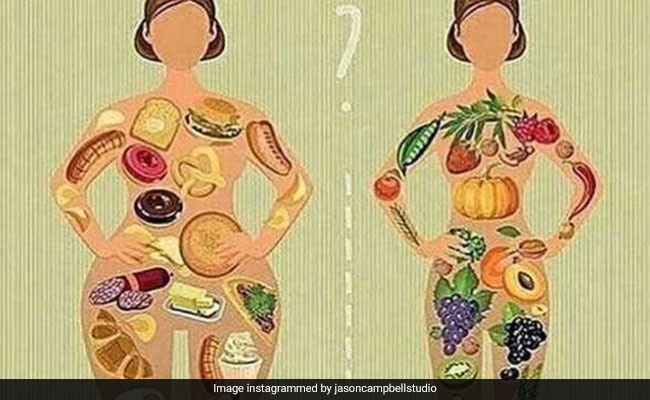The research team estimated that adding 10 percent to the price of chocolate, confectionery, cakes, and biscuits may reduce purchases by around 7 percent.

Taxing sweet snacks could lead to broader reductions in purchases
HIGHLIGHTS
- Taxing sweet snacks could lead to reductions in amount of sugar purchased
- A 10 percent price rise can reduce purchases by 6-8 percent
- Taxing these sweet snacks could bring greater health gains
Turns out, proper taxing could bring a health revolution which can benefit human beings to a huge extent. According to a study conducted by the London School of Hygiene & Tropical Medicine, taxing sweet snacks may bring greater health benefits than taxing sugar-sweetened drinks. Taxing sweet snacks could lead to broader reductions in the amount of sugar purchased than similar increases in the price of sugar-sweetened beverages (SSBs). The research team estimated that adding 10 percent to the price of chocolate, confectionery, cakes, and biscuits may reduce purchases by around 7 percent. This is a similar outcome to taxing SSBs, where previous research suggests a 10 percent price rise can reduce purchases by 6-8 percent.
Crucially, the study found that taxing sweet snacks could have knock-on effects on the sales of other food items, reducing the purchase of soft-drinks (by 0.6-0.8 percent), biscuits and cakes (1.2 percent), and savoury snacks (1.6 percent).
This study is an observational analysis and cannot explain why consumers change their purchasing behaviour but, although some uncertainty remains, the researchers said the associations observed suggest that relevant policies and future research should consider a broader range of fiscal measures to improve diet than is currently the case.
Lead author Richard said, "We know that increasing the price of sugar-sweetened beverages is likely to generate a small, but significant, reduction in their purchase. However, there has been little research on the impact that a similar price increase on other sweet foods such as chocolate, confectionery, cakes, and biscuits could have on the purchase of sugar. This research suggests that taxing these sweet snacks could bring greater health gains and warrants detailed consideration."
This study is the first to provide a direct analysis of the relationship between price increases and consumer demand for snack foods across different income groups.
Household expenditure on food and drink items were classified into 13 different groups and examined in a national representative sample of around 32,000 UK homes. Purchasing was examined overall and then compared across low-income, middle-income, and high-income households.
The data covered a two-year period in 2012 and 2013, and provided complete details of each sales transaction, in addition to social and demographic information for each household. To estimate the change in purchasing, the researchers applied a specialised tool for studying consumer demand.
The researchers found that increasing the price of sweet snacks led to a decrease in purchases and may have wider effects on purchasing patterns, which they suggest could potentially bring additional benefits to public health.
For example, increasing the price of chocolate snacks was estimated to bring about significant reductions in purchases across most food categories, while a price increase on biscuits showed a potential reduction in the demand for cakes (2.3 percent) as well as chocolate and confectionary (1.7 percent).
The potential effects of price increases were greatest in the low-income group. Increasing the price of biscuits was linked to a reduction in the purchase of chocolate and confectionery for the low-income group (3 percent if price increases by 10 percent). No such reductions for the high-income group were seen. Increasing the price of chocolate and confectionery was estimated to have a similar effect across all income groups.
Co-author Professor Susan Jebb said, "It's impossible to study the direct effects of a tax on snack food on consumer behaviour until such policies are introduced, but these estimates show the likely impact of changes in the price. These snacks are high in sugar but often high in fat too and very energy dense, so their consumption can increase the risk of obesity. This research suggests that extending fiscal policies to include sweet snacks could be an important boost to public health, by reducing purchasing and hence consumption of these foods, particularly in low-income households."
The study appears in the journal BMJ Open.
DoctorNDTV is the one stop site for all your health needs providing the most credible health information, health news and tips with expert advice on healthy living, diet plans, informative videos etc. You can get the most relevant and accurate info you need about health problems like diabetes, cancer, pregnancy, HIV and AIDS, weight loss and many other lifestyle diseases. We have a panel of over 350 experts who help us develop content by giving their valuable inputs and bringing to us the latest in the world of healthcare.














